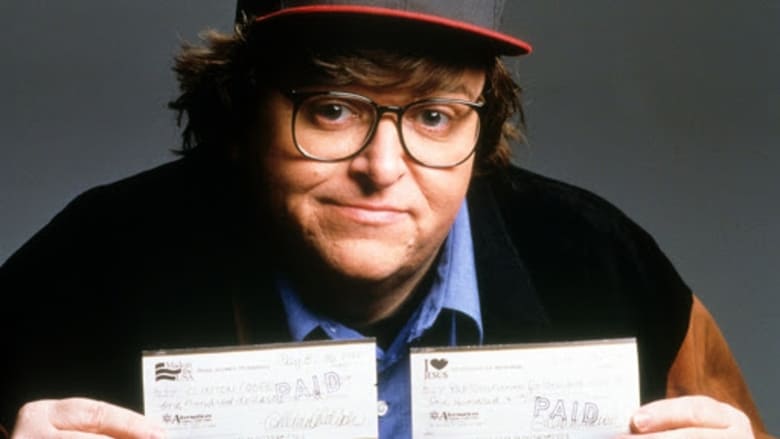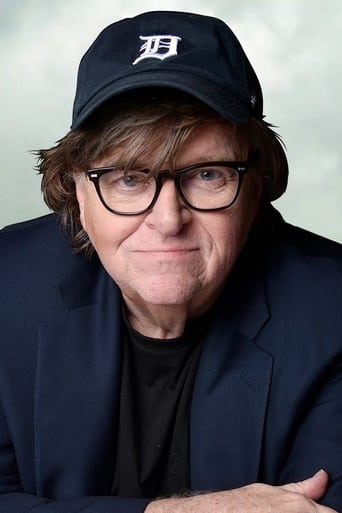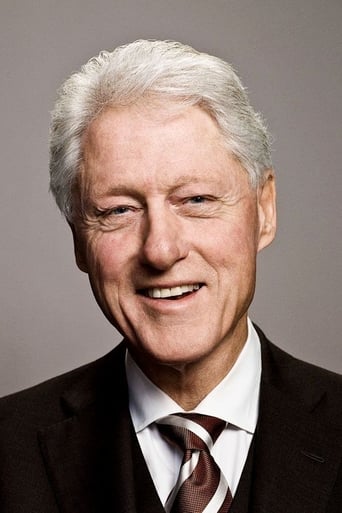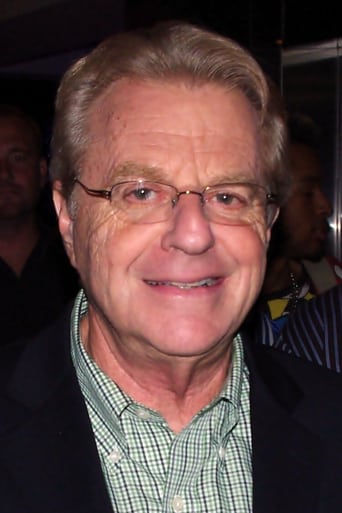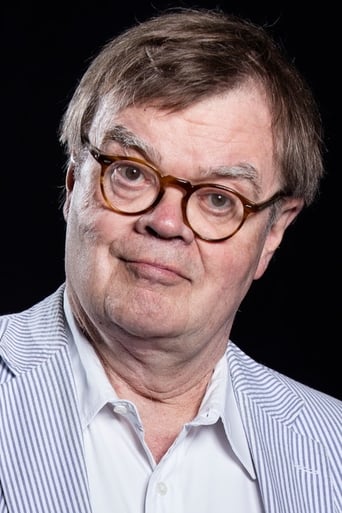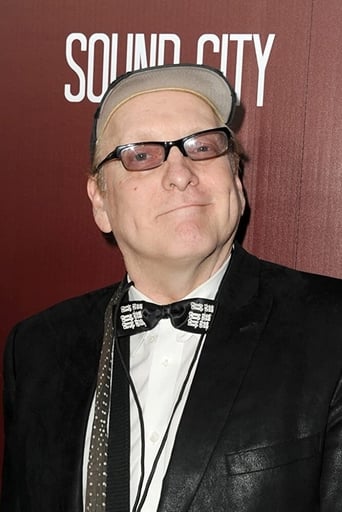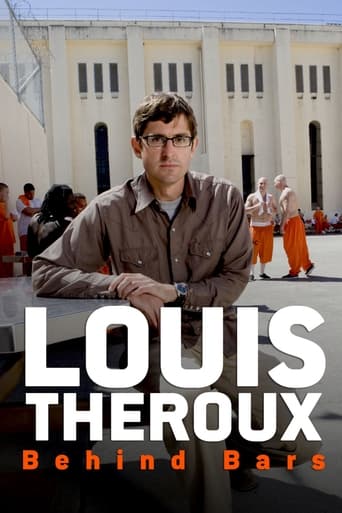The Big One is an investigative documentary from director Michael Moore who goes around the country asking why big American corporations produce their product abroad where labor is cheaper while so many Americans are unemployed, losing their jobs, and would happily be hired by such companies as Nike.


Similar titles
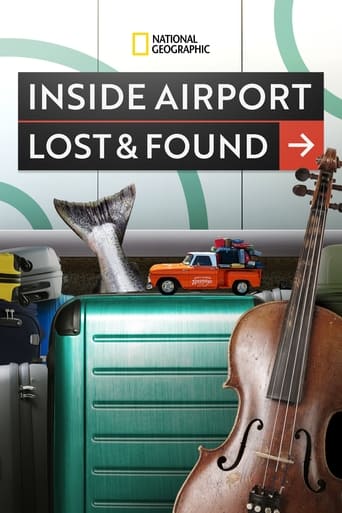
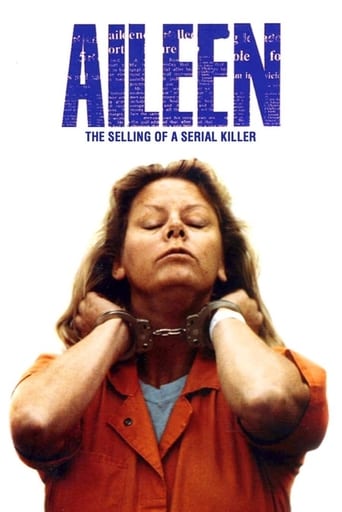
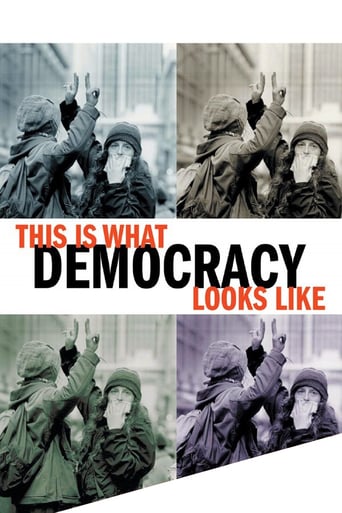
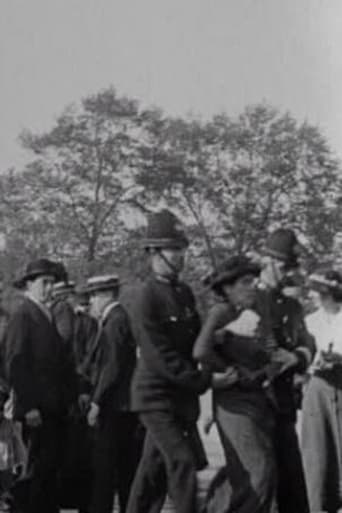
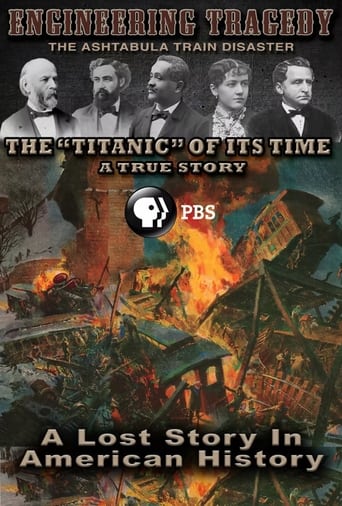
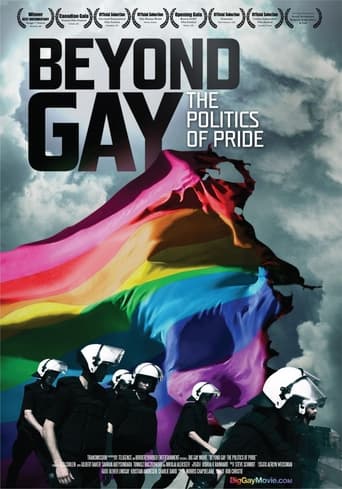
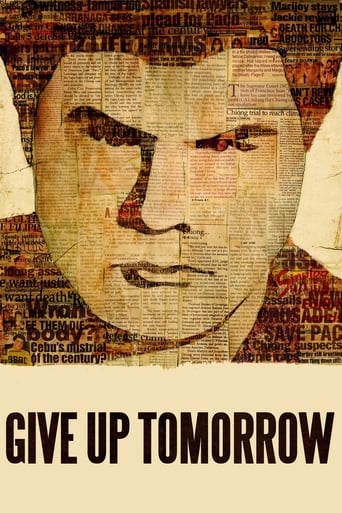
Reviews
After Michael Moore writes 'Downsize This!', he goes on a book tour across America. Along the way, he visits a PayDay chocolate bar plant that is about to close, Forbes' presidential campaign office in Iowa, a secret Borders workers meeting in the parking lot, Rockford, Illinois, Milwaukee, Pillsbury, and then Phil Knight CEO of Nike.This is the second full-length documentary movie for Moore. By this point, I got used to his advocacy style and one has to take the accuracy of anything shown with a grain of salt. However, it's still compelling with some really amazing personal moments for some of these real people. Moore has some great comedic skills despite his seemingly slubby amateur regular guy persona. He does go over the board with some of these underlings. It's one thing to hound Phil Knight but it's another to hound the minimum wage doorman to one of those corporations. It worked for "Roger & Me" but it's not as effective this time around.
The earliest of Moore's films I've seen so far, this is definitely not his best work... technically, this is the least impressive of the ones I've seen(the others are Bowling For Columbine and Fahrenheit 9/11). The editing, pacing and presentation just isn't as sharp or clean as the other two. The score isn't as ironic or fitting either. The humor, tone and 'direction' is just as good, though. This time, Moore takes a clean shot at corporate America, and clearly exposes the indifference of the common man's fate displayed by all executives. Several times in the documentary we're introduced to companies that, despite of high profits and no problems with their workers are laying people off, closing and moving factories... putting people out of work, effectively robbing them of their livelihood. As usual, it's done in Moore's fashion of outlining the facts that support his cause and denying or ignoring the ones that do not. Of course, he gets so many laughs throughout that you barely notice it... and what he says is true, at least to a certain extent. The interviews in which Moore asks all the right questions, usually very controversial and direct are inter-cut with what appears to be a stand-up performance by him, which adds a sense of closeness that means a lot for the effect of the film. Not as memorable and interesting as Bowling or Fahrenheit, but most definitely worth watching. I recommend this to any fan of Michael Moore and humorous documentaries. 8/10
I applaud Michael Moore for addressing gnarly, difficult subjects that other commentators and especially the news media are too chicken to tackle. This 1997 BBC documentary follows his '96 book tour promoting "Downsize This!". In the film, Moore travels to small town and Rust Belt America -- places often ignored by other social critics in favor of big cities and glamor locations. The realism and problems of ordinary, middle class, Middle Americans is one of the highlights of the film. This is an honest look at the economic problems in the US circa the 90s.One of Moore's strengths and weaknesses is just how funny he is -- he's a skilled speaker and essentially a talented stand-up comic, whose material is politically skewed and occasionally self-deprecating. This is disarming, and also plain, laugh-out-loud funny. I watched this film recently with a group of people who were in stitches, even though some of the material (in 2005) is a bit outdated by recent historical events. Some of Moore's funniest material is when he confronts executives or stone faced PR honchos, and waits for their predictable, canned, nonsensical remarks designed to give little information and obscure the issue at hand. It's powerful stuff, watching the rich and selfish defending their privileges, and a scathing commentary on economic inequality in what we like to think is the freest, richest, most egalitarian society in the world.HOWEVER -- Moore often weakens his own arguments by using shoddy and overly simplistic examples. Comparing a torn-down factory in Flint Michigan to the Oklahoma City bombing is very tacky, and not even a good analogy -- the loss in Oklahoma was human life, including many pre-school children...the loss of the Murrah building itself is insignificant. Unemployed workers in Flint do actually have other options, like moving elsewhere for work. It's a cheap shot. Another lame effort occurs when Moore challenges the president of Nike to build a shoe factory in Flint, over his objections that "American's don't want to make shoes". Moore claims he will get 100 workers together who do want to produce footwear for Nike -- then the film shows a pitiful rally of a couple dozen folks, many of whom are small children. Closeup photography obscures the fact that Moore could NOT find 100 willing workers in Flint, despite all the well-publicized poverty...is it true that Americans are unwilling to manufacture shoes? We'll never know.Another flaw is that Michael Moore is not especially honest about his own status in all this. He's a very successful pundit and filmmaker (although this movie was made years before the phenom of "Fahrenheit 911"), and had already published several books and had a TV series. He's wealthy by the standards of most Americans, a celebrity and immune to the economic realities that he is describing. That tends to make his criticism rather facile. For example, he fails to explain how (as in the example above) Americans earning even minimum wage, about $5 per hour, can possibly compete in manufacturing with Third World workers who make 50 cents an hour...no matter how hardworking or willing those Americans are. This is the hard reality facing both employees and employers, and it's curiously left on the table here without discussion...except perhaps to suggest (vaguely) that companies should make business decisions on charitable grounds, rather than economic ones.Still with all it's flaws, I find this (and other) Moore documentaries a valuable contribution to National debate, especially along Red State/ Blue State lines. The most valuable historical information in "The Big One" is whenvoters (talking about the '96 Clinton/Dole presidential race) say that "both candidates are the same" and "turnout will be historically low" and "who cares who is in office". Those comments are truly astonishing in light of current events and political atmosphere, and this is only 8 years later. The world has been turned on it's axis by current events! Yet it's important to realize how recent that change has occurred, and extremely valuable to look at evaluate the political and economic changes of just the last decade.In conclusion: a challenging and interesting documentary, with some flaws, but extremely funny. Worth watching.
As one user before said, he feels the film to be more of a time capsule today, since the impacts and importance of downsizing has been overwritten by other issues like terrorism, homeland security, 9/11 etc.Well, I live in Europe and I can just say that here in Europe the film just comes out on DVD (I saw it only yesterday, July 15th, 2004 on TV) at the right time for Europe (if not a little too late). Economical matters are getting worse here in Europe day by day, and the patterns CEO's use to make their companies "profitable" (which should just always correctly read: "MORE profitable) are just the same as CEO's use in the USA. In fact, the only idea that comes to their minds is: downsizing, laying off people and transferring labour into countries with extremely cheap labour-cost. That's all.Surprisingly there is just very little resistance to these tendencies, even though Europe is (in most countries) far better organised as far as Labour Unions are concerned. People are told by politicians that reforms are necessary, and people just sit back and accept it and continue to suffer.In this context, "The Big One" by Michael Moore just comes at the right time here in Europe, even though I think that not many of the concerned people will actually see it.But it's worth watching it, even though sometimes I questioned myself how I could laugh over such sad facts. But this is the virtue of Michael Moore and this film: it doen't leave you desperate, it gives you a laugh at the time and maybe, if we're all lucky, it will lead to a better organisation of the people concerned and to more resistance against the 1 percent of the rich keeping the rest in poverty.

